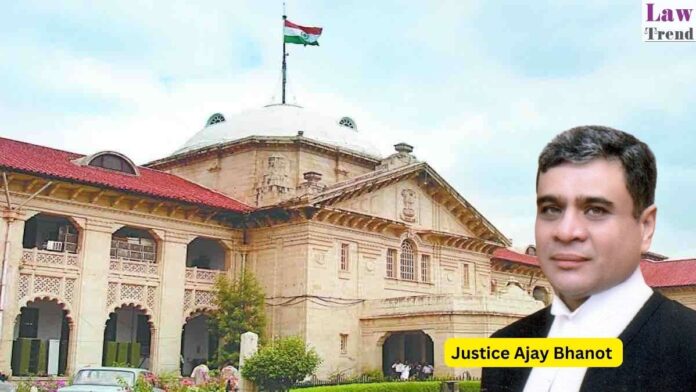The High Court of Judicature at Allahabad, in a significant judgment delivered by Justice Ajay Bhanot, has ruled that gathering defence evidence and preparing a defence strategy can be a valid ground for granting bail to an accused, particularly at the stage when prosecution evidence has concluded or is nearing completion. The Court laid down
To Read More Please Subscribe to VIP Membership for Unlimited Access to All the Articles, Download Available Copies of Judgments/Order, Acess to Central/State Bare Acts, Advertisement Free Content, Access to More than 4000 Legal Drafts( Readymade Editable Formats of Suits, Petitions, Writs, Legal Notices, Divorce Petitions, 138 Notices, Bail Applications etc.) in Hindi and English.




